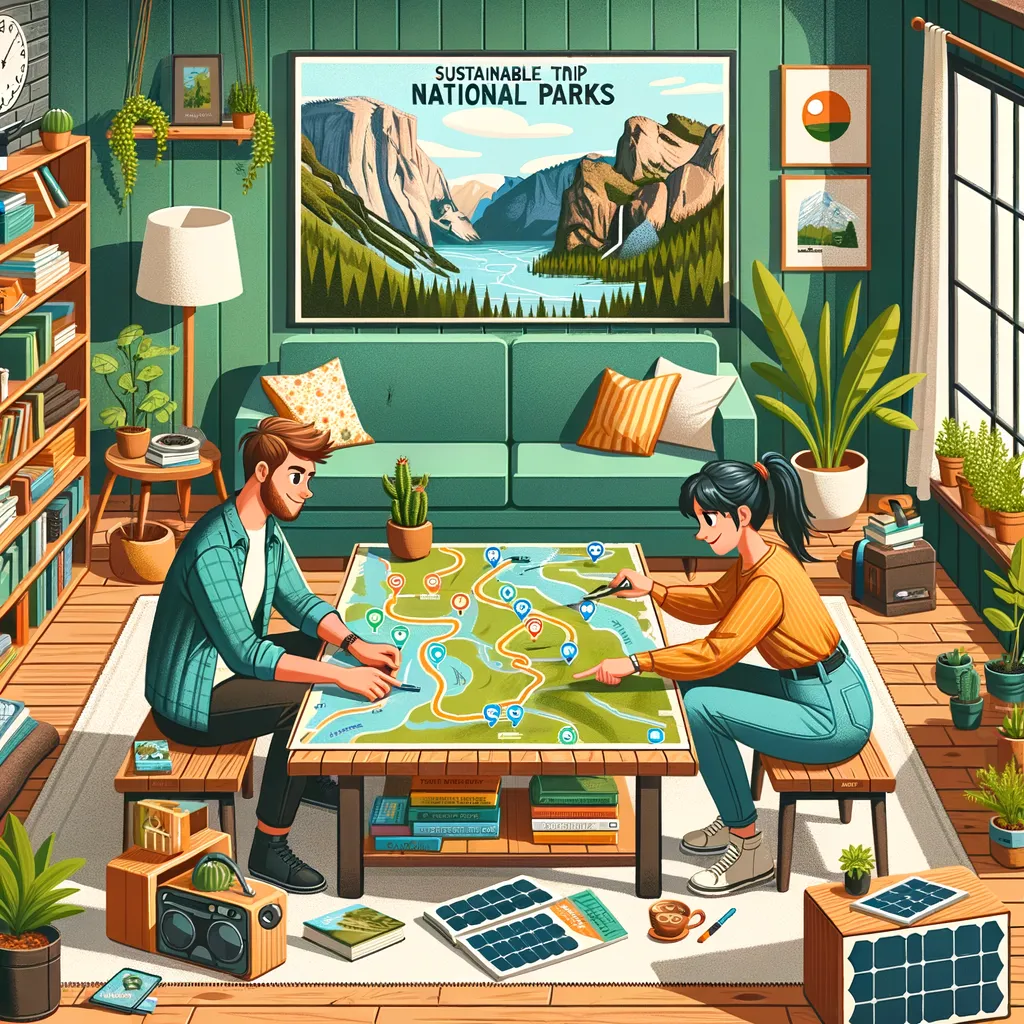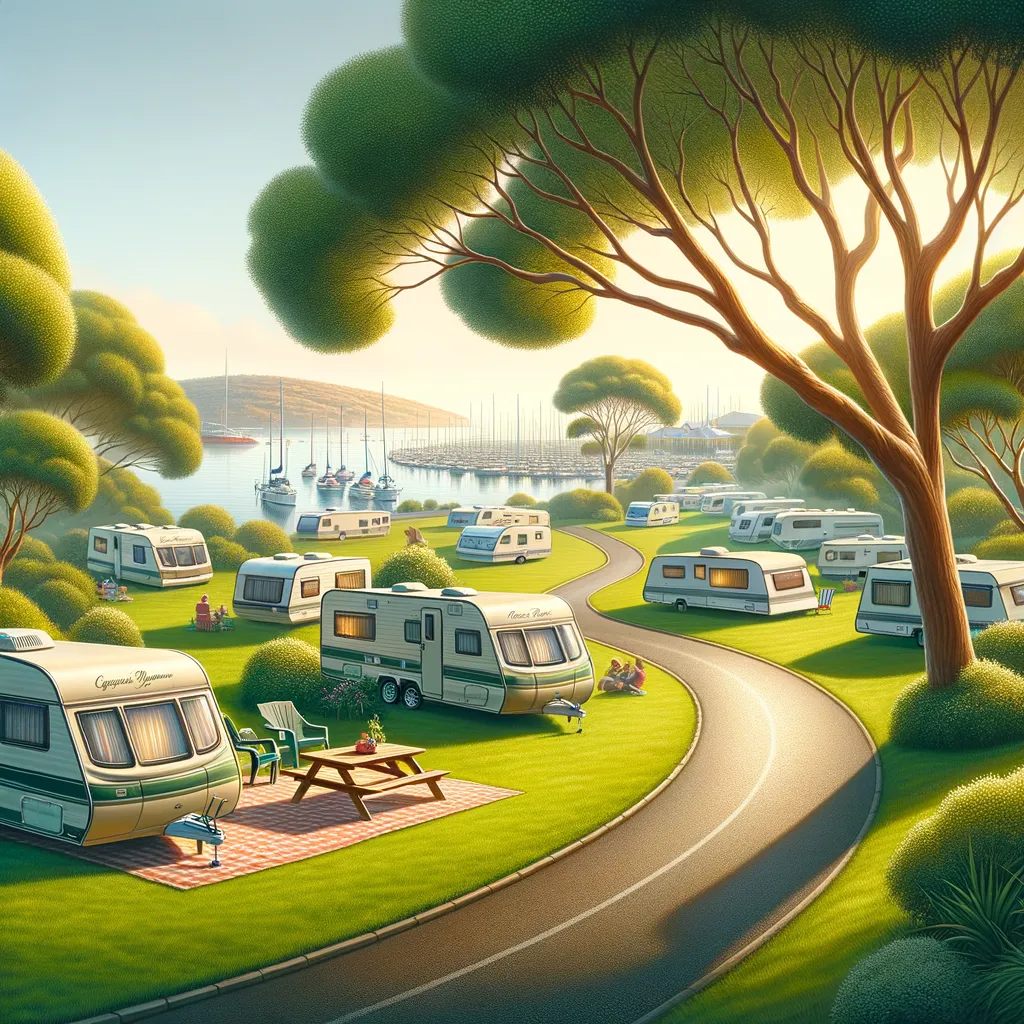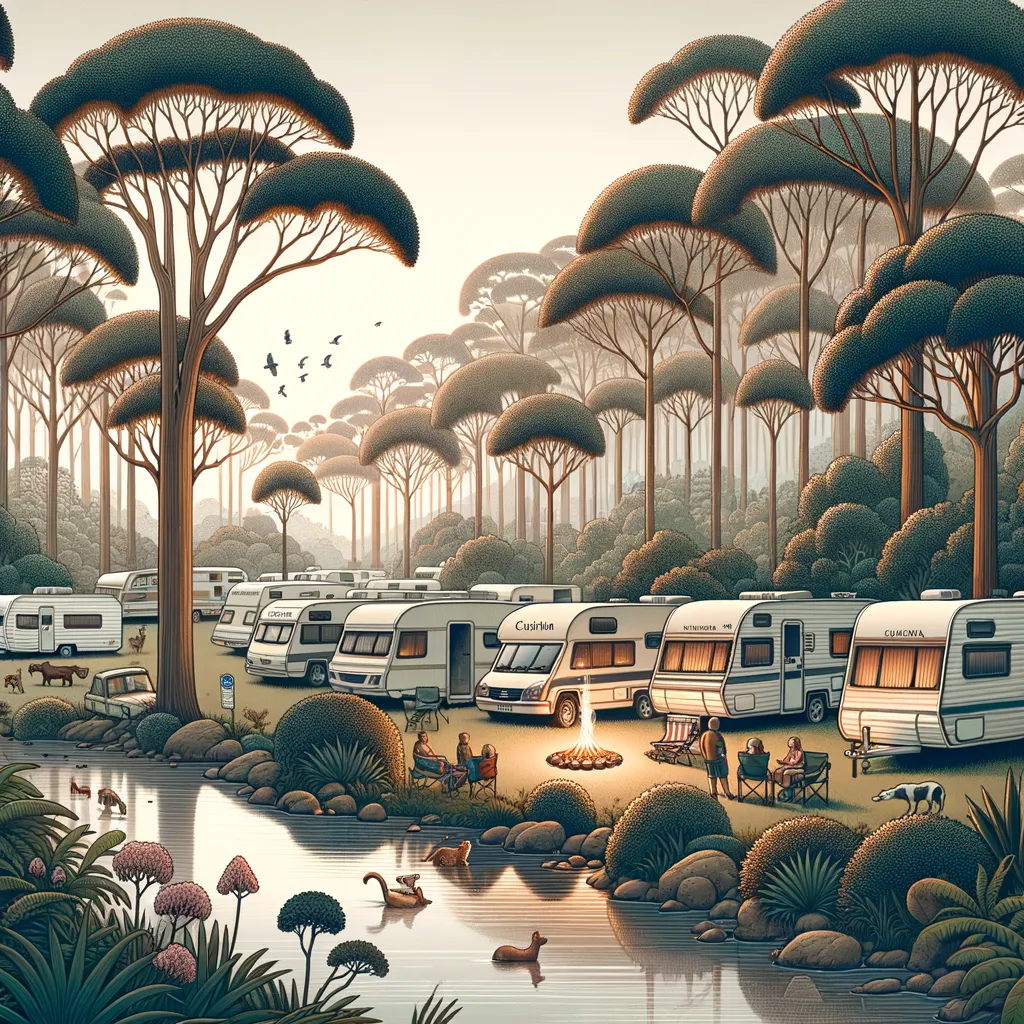Ultimate Guide to Planning a Sustainable Road Trip to National Parks
Welcome, adventurous families! If you’re yearning for the open road, eager to explore nature’s magnificence while nurturing an eco-conscious spirit, you’ve landed in just the right place. Embarking on a sustainable road trip to national parks not only offers a respite from daily life but also serves as a powerful teaching moment for kids about the importance of preserving our planet. Together, let’s embark on this journey of discovery, armed with tips and strategies to make your adventure both memorable and gentle on the earth.
Why Choose a Sustainable Road Trip?
In a world where our ecological footprint is more significant than ever, opting for a sustainable road trip can make a real difference. It’s about making thoughtful choices that minimize negative impacts on the environment. From the vehicle you drive to the products you consume and the practices you adopt on the road and in the parks, every decision counts. Plus, it’s a fantastic opportunity for parents to instill values of responsibility and conservation in their children.
Selecting Your Eco-Friendly Ride
The choice of vehicle significantly influences your trip’s sustainability. Consider renting or investing in a hybrid or electric vehicle (EV) if you don’t own one. Not only do they emit fewer pollutants, but many national parks now offer EV charging stations, making it easier to plan your trip. Ensure the vehicle is well-maintained and the tires are inflated to the optimum pressure to increase fuel efficiency.
Mapping Out Your Eco-Adventurous Route
Planning is crucial in maximizing both the enjoyment and eco-efficiency of your trip. Use tools like Google Maps or the National Park Service’s website to chart a course that allows you to visit multiple parks with the least amount of backtracking. This not only saves on fuel but also reduces emissions. Consider the timing of your visit to avoid peak seasons, thereby lessening your impact on the parks and enjoying a more serene experience.
Packing Light and Eco-Conscious
Packing light doesn’t just make your trip easier; it also contributes to fuel efficiency. Go a step further by opting for reusable items – think water bottles, cutlery, and shopping bags. Packing your foods in reusable containers can significantly cut down waste during your trip. And don’t forget eco-friendly sunscreen and bug repellent to protect your family’s skin and the environment.
As we delve deeper into the essentials of planning a sustainable road trip to national parks, remember this journey is not just about where you go but how gently and mindfully you move through the world. Stay tuned as we explore more ways to make your adventure both exhilarating and kind to our planet.
https://en.wikipedia.org/wiki/Camping

5 Essential Tips for Parents Planning a Sustainable Road Trip to National Parks
Good day, eco-conscious families! Are you looking for a way to bond, explore and teach your children about the beauty of nature and the importance of conservation? Planning a sustainable road trip to our stunning national parks is a fantastic way to achieve this. Not only will you create lasting memories, but you’ll also be doing your part to protect these natural treasures for future generations. In this comprehensive guide, we’ll share five crucial tips every parent should know to make their journey as eco-friendly as possible. Let’s dive in!
1. Educate Your Family on Sustainable Practices
Before hitting the road, take the time to educate your family about the importance of sustainability, especially in the context of national parks. Discuss the principles of Leave No Trace, and how you can collectively ensure your trip minimizes environmental impact. This prep talk is invaluable, as it sets the tone for responsible behavior throughout the journey.
2. Choose Accommodations Wisely
When planning your road trip, consider the impact of your stay. Opt for eco-friendly lodging options like green hotels or campgrounds certified by environmental organizations. These accommodations often use renewable energy, have efficient waste management systems, and are constructed with sustainable materials. Book in advance to secure the most sustainable options.
3. Invest in Quality Reusable Supplies
Minimizing waste is key to a sustainable road trip. Invest in high-quality reusable supplies, including water bottles, cutlery, plates, and straws. Not only does this significantly reduce your plastic consumption, but it also saves money in the long run. Choose products made from durable, eco-friendly materials like bamboo, stainless steel, or recycled plastic.
4. Engage with Local Communities
Sustainability is also about supporting the local economies of the places you visit. Engage with local communities by purchasing goods from local markets, dining at restaurants that source ingredients locally, and participating in eco-tours guided by residents. This approach ensures your travel dollars benefit the local economy and helps to preserve the cultural heritage of the area.
5. Document and Share Your Eco-Journey
Last but certainly not least, document your sustainable road trip experiences and share them with others. This could be via social media, a blog, or simple word-of-mouth. Sharing your story can inspire others to consider eco-friendly travel options, creating a ripple effect that promotes sustainability on a wider scale. Plus, it’s a wonderful way to reflect on your adventure and the positive impact you’ve made.
Incorporating these five tips into your road trip planning will ensure you’re poised for an adventure that’s as kind to the earth as it is enriching for your family. By choosing to travel sustainably, you’re extending a hand in the preservation of these natural wonders for many years to come. The memories you’ll make and the lessons you’ll impart about conservation and responsibility are truly invaluable gifts to your children. Let’s make every mile count towards a greener, brighter future for our planet.
Disclaimer
The articles available via our website provide general information only and we strongly urge readers to exercise caution and conduct their own thorough research and fact-checking. The information presented should not be taken as absolute truth, and, to the maximum extent permitted by law, we will not be held liable for any inaccuracies or errors in the content. It is essential for individuals to independently verify and validate the information before making any decisions or taking any actions based on the articles.




